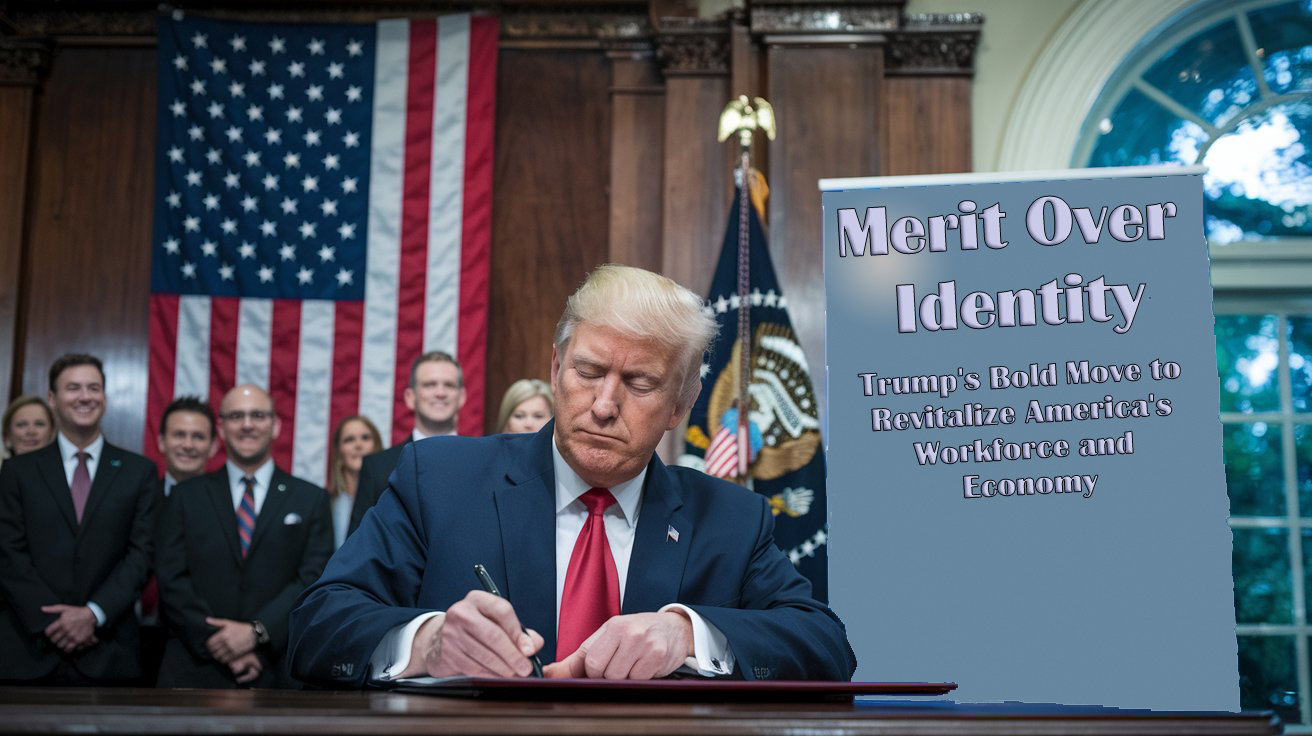
Analysis of the Presidential Move to End Illegal Discrimination and Restore Merit-Based Opportunities
Analysis of the Presidential Move to End Illegal Discrimination and Restore Merit-Based Opportunities
On January 21, 2025, President Donald John Trump issued a major executive order aimed at ending illegal discrimination and restoring merit-based opportunities in several sectors of the United States. This move is set to have profound implications for the economy, workforce dynamics, and the overall civil rights landscape in the nation.
Economic Improvements Entailed by the Executive Order
Increased Workforce Efficiency: The order calls for the termination of discriminatory practices that prioritize race or gender over merit in hiring processes. By focusing on individual capabilities and qualifications, businesses and government agencies can expect to see an increase in productivity and efficiency. This meritocratic approach is likely to attract a more qualified workforce, ultimately leading to improved economic performance.
Increased Competition: By eliminating identity-based preferences, the executive order fosters a more competitive environment. Businesses will be incentivized to hire the best candidates based solely on their qualifications, which can lead to innovation and better service delivery. This competitive advantage can improve overall economic growth as businesses strive to outperform one another.
Reduced Legal Liabilities: The order aims to streamline federal contracting processes and reduce costs associated with complying with diversity mandates that may have previously led to legal challenges. By clarifying the legal landscape, businesses can allocate resources more effectively, potentially leading to lower prices for consumers and increased profitability for businesses.
Encouraging Private Sector Compliance: The executive order encourages the private sector to adopt similar policies, which could lead to widespread changes in hiring practices across industries. As businesses align with these new standards, the overall labor market can become more equitable, allowing a broader range of talent to emerge, which is essential for economic resilience.
Long-term economic stability: By reinforcing the principles of hard work and individual achievement, the order aims to restore public trust in institutions. A more unified society, where people feel valued based on their contributions rather than their identities, can lead to greater social stability, which is a crucial component of a thriving economy.







